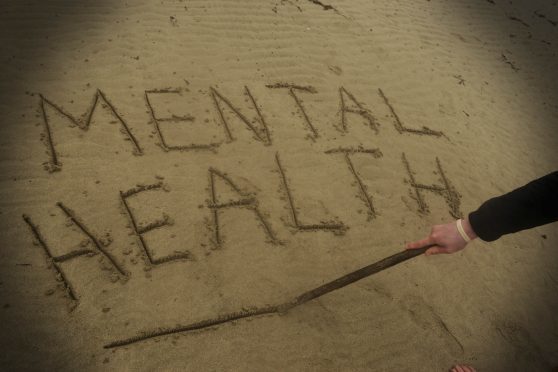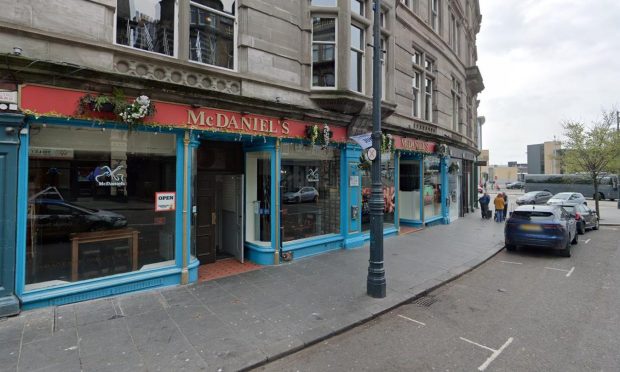The weekend marked the end of OCD Awareness Week.
The devastating illness is considered by the World Health Organisation to be one of the most debilitating conditions known to man.
The organisation believes the condition contributes to a loss of earnings and a diminished quality of life.
Sufferers have been known to allow one thought — however irrational — to lead them to question their morality, sexuality, or, in extreme cases, if they are even still alive.
As someone who has lived with the condition since adolescence, it is difficult for me to explain to those who can cope with irrational thought patterns.
The easiest way to explain living with OCD would be to say we all suffer irrational or intrusive thoughts. Most of us shake them off within seconds, but for someone living with OCD it can take months, years, or a lifetime.
Despite the significant impact of the condition, shows like “Obsessive Compulsive Cleaners” continue to be broadcast.
Channel Four has screened a lot of highly commendable programming since its inception, but a show which effectively reduces OCD, a killer, to people in Marigold gloves with antibacterial spray is not fit for this era.
It reinforces myths that OCD can be viewed as a positive personality trait.
Successful businesswoman and Conservative peer Michelle Mone has previously made similar ill-informed comments.
“It makes you really organised. I’ve always said that if your drawers are organised, then your life will be too. So I love having OCD,” was her ill-considered opinion, from which she later backtracked amidst a deserved backlash.
There is nothing positive about wondering where five years of your life disappeared to and being at war with your own brain.
There is nothing to be celebrated about going from being the life and soul of the party to becoming a broken shell of a human being.
Why speak out? Because OCD is still considered a joke by some.
Because innocent throw-away comments still prevail about having OCD because you like your desk clean or your books in order.
I’ve used comments like that in the past and people do not make them out of malice.
But when OCD, and mental health in general, is still considered as something which people should “shake off”, they are hurtful and unhelpful.










